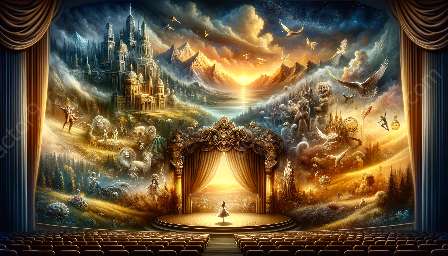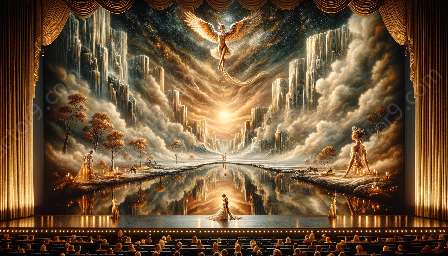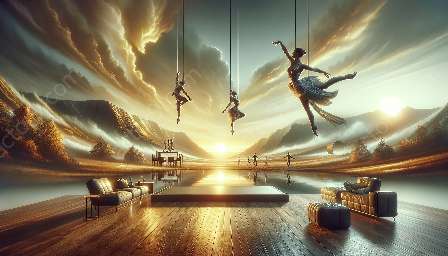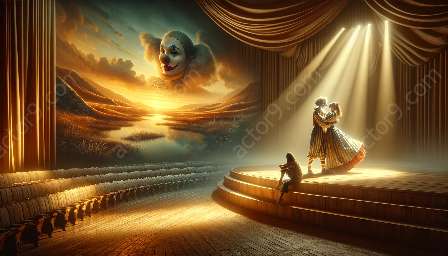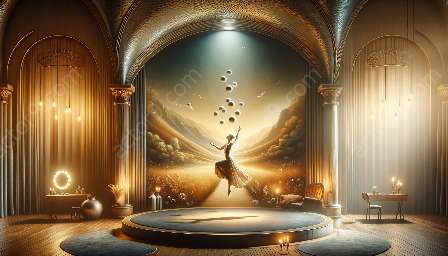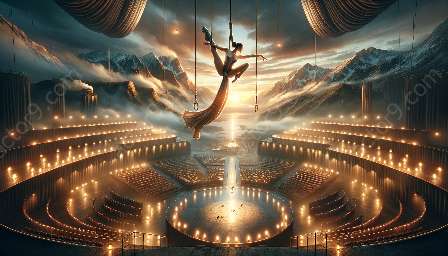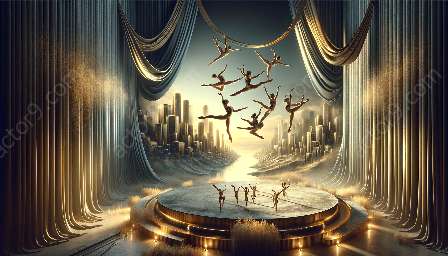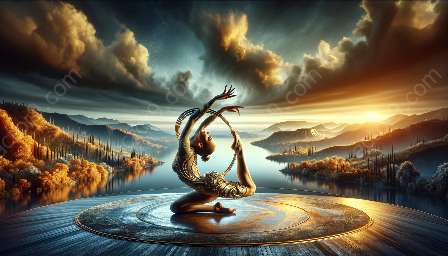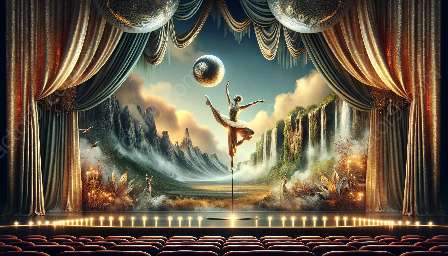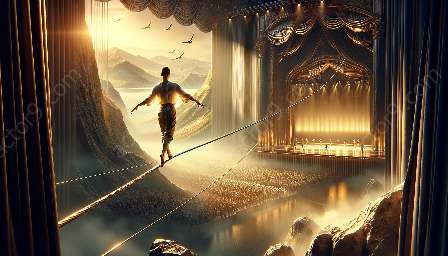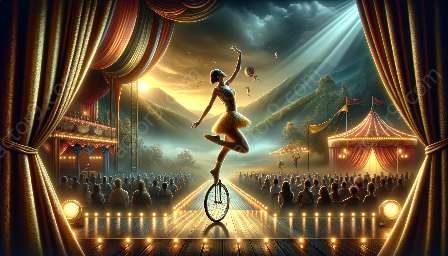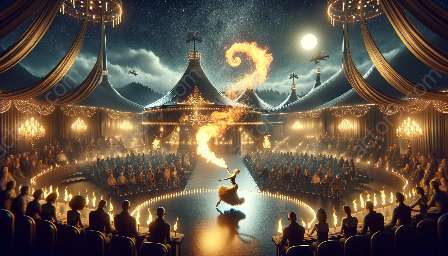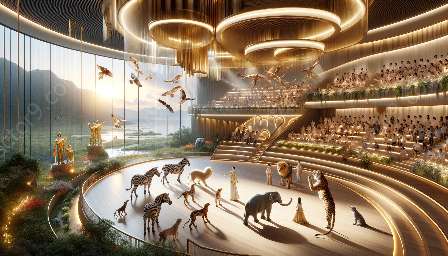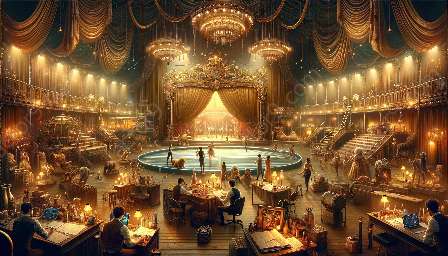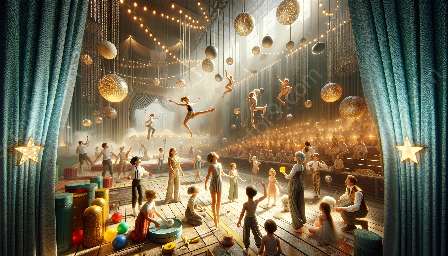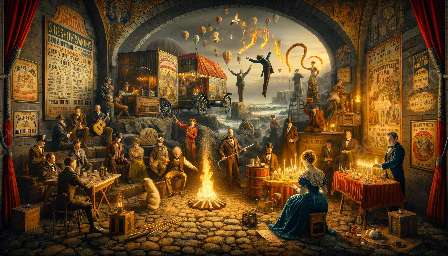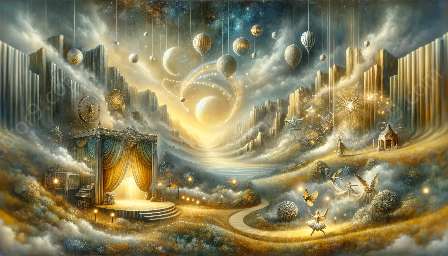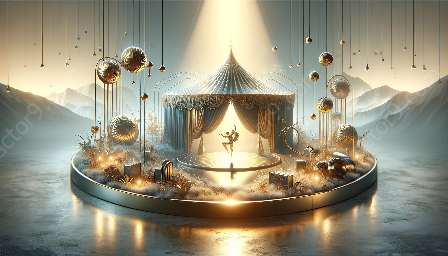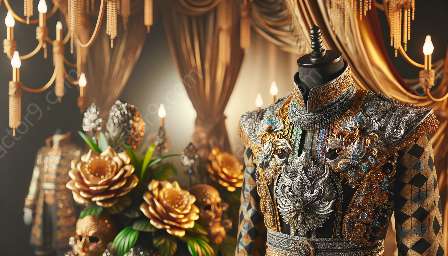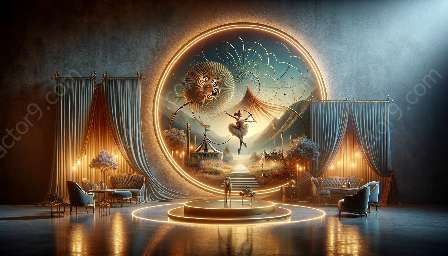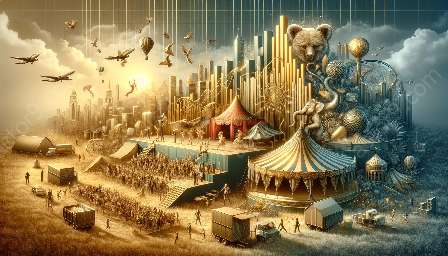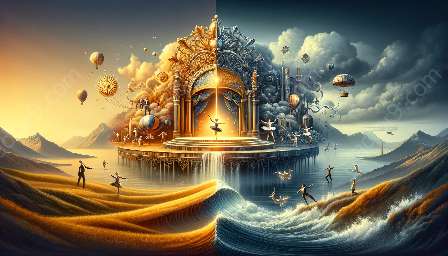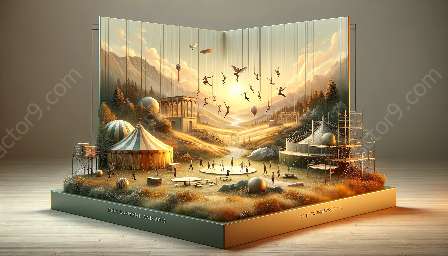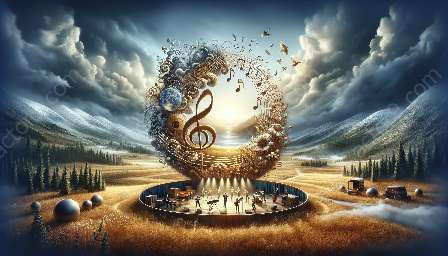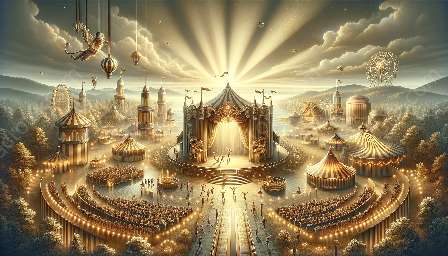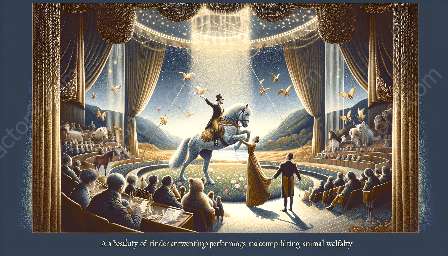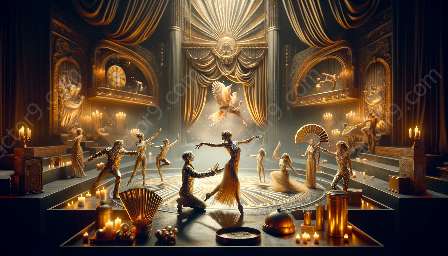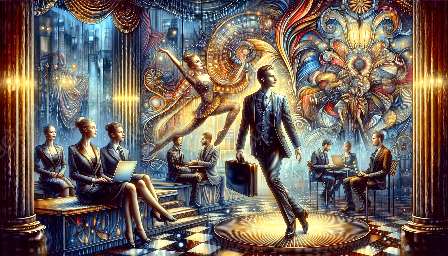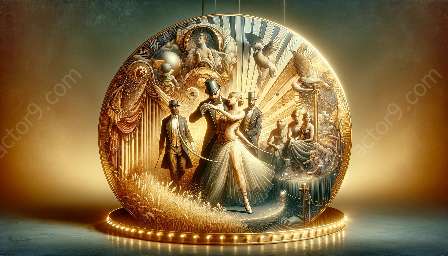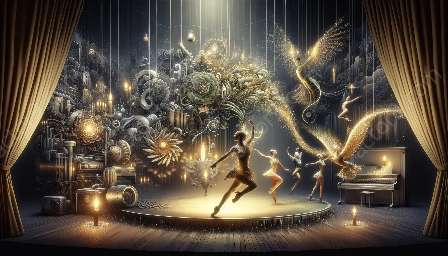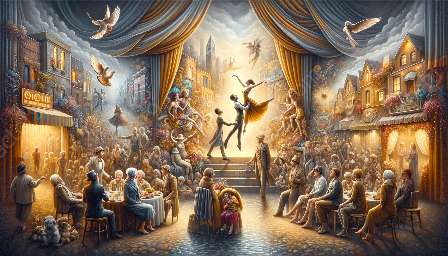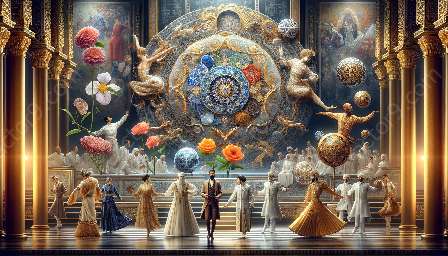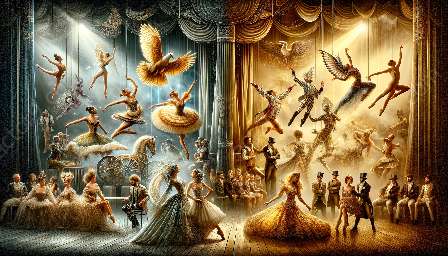Circus arts have long served as a platform for social and political commentary, reflecting and addressing various issues in society. This cluster explores the intersection of social and political themes with the development and training in circus arts, shedding light on their significance and relevance.
Introduction to Social and Political Themes in Circus Arts
Circus arts, with their spectacle and storytelling, have historically been intertwined with social and political themes. Through acts, performances, and storytelling, circus artists have addressed issues such as power dynamics, inequality, discrimination, and social justice. Moreover, the circus has acted as a mirror to society, reflecting its values, struggles, and triumphs.
Historical Perspective
From the early days of circus, social and political themes have been prevalent. Circus acts often portrayed the struggles of common people, the resilience of the underprivileged, and the injustices faced by marginalized communities. Additionally, circus performances have been used to challenge societal norms and advocate for change. For example, in the 20th century, circus acts became a powerful tool for expressing discontent with the status quo and advocating for social and political reform.
Relevance to Development and Training in Circus Arts
The exploration of social and political themes in circus arts is crucial for the development and training of circus artists. Understanding these themes not only adds depth to their performances but also equips them with the ability to communicate important societal issues through their art. Furthermore, training programs that incorporate discussions on social and political themes can help circus artists become more socially conscious and responsible performers.
Key Social and Political Themes in Circus Arts
Several key themes intersect with circus arts and influence their portrayal and reception. Some of these themes include:
- Equality and Inclusion: Circus arts have often stood as a representation of inclusivity and diversity, challenging stereotypes and celebrating the uniqueness of individuals from all walks of life.
- Power Dynamics: Circus acts often explore power dynamics, showcasing interactions between individuals or groups and the underlying tensions and imbalances of power.
- Community and Belonging: Circus arts celebrate the sense of community and belonging, emphasizing the connections formed through shared experiences and performances.
- Political Satire: Circus arts have a long history of using satire to comment on political figures, systems, and events, offering a playful yet meaningful critique of the political landscape.
- Social Justice and Activism: Circus acts have been utilized as a platform to advocate for social justice, shedding light on issues such as human rights, environmental advocacy, and global activism.
Impacts on Society
These social and political themes in circus arts have not only influenced the development and training of circus artists but have also shaped their impact on society. Circus performances addressing these themes have the power to inspire, educate, and provoke meaningful conversations, fostering a deeper understanding of the societal issues they represent.
Conclusion
The exploration of social and political themes in circus arts is essential for understanding the art form's relevance to society and its potential to drive social change. By acknowledging and engaging with these themes, circus arts can continue to serve as a powerful medium for addressing pressing social and political issues, contributing to a more inclusive and impactful artistic landscape.

